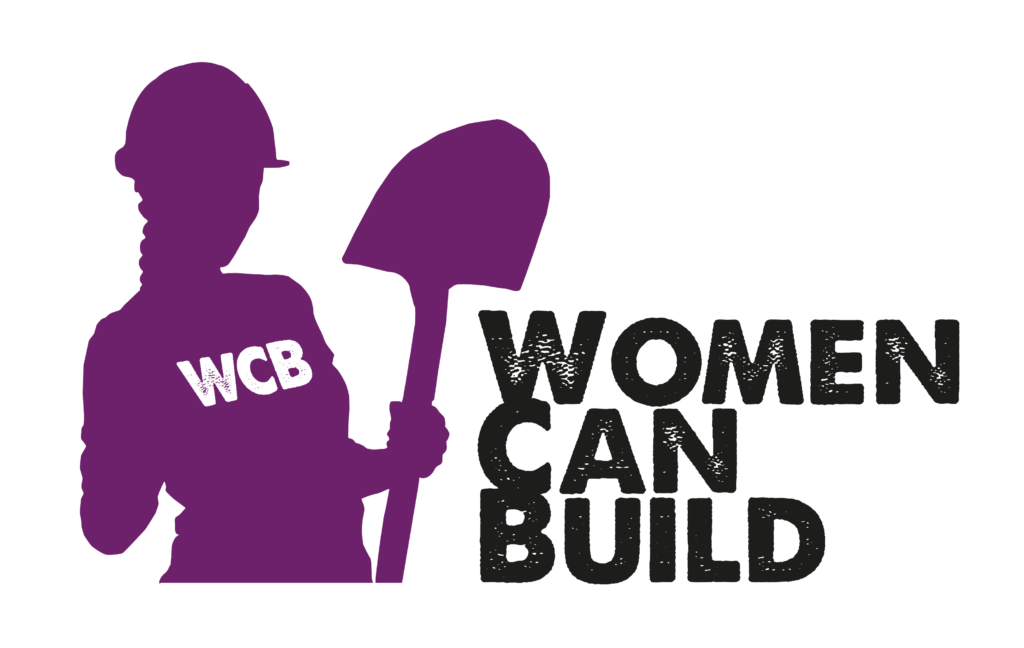The second partnership meeting of the ‘Women can build’ project belonging to Erasmus+ programme, took place in Paris at 5th-6th July. A valuable and productive session in which the gender equality in the construction sector was approached.
The meeting was focused on two principal overviews. The first one, is about the three essential actions to promote the equality in the construction work place: sensitization, education and dissemination. The second one is about the transition to an equal industry which needs to be underpinned by changes in all agents involved in the insertion of women in the construction sector: Vocational Education and Training centres and trainers, enterprises and women themselves. For this aim the project develops a participatory methodology designed in order to plan and conduct the research process with those people involved.
During the meeting the partners had faced the problematic of gender imbalance which constrains the possibilities for growth and competitiveness in the construction industry. The main outputs of the two-days working sessions were:
The importance of the trainer’s role
The results of field work regarding data collection on gender issues in training practices in the construction sector, were presented by partners. The self-analysis and reflection from Vocational and Educational Training (VET) trainers about their strengths and weaknesses in relation to gender consideration show important gaps. Based on findings, partners concluded the proposal of contents for the Massive Open On line Course (MOOC) addressed to gender-skill VET trainers, which will be launched at the end of September.
Project partners agreed that putting the spotlight on gender equality competence development of trainers will contribute to further sensitization of all professional profiles enrolled in Vocational Training (blue collar workers), thus maximising the impact on many future (IVET)and current (CVET) professionals of the sector on a cascade effect.
‘Immersive’ training experience for Women
Construction industry does not attract significant number of women to its labour force. During the session the partners had remarked the importance of implementing a learning by doing experience to show to women the large variety of opportunities inside the sector. The main aim of this activity is to attract women to the sector by providing a general overview of building processes and the different possibilities that the construction industry has.
At the meeting, an outline of the ‘immersive’ training experience was agreed by partners: definition of objectives, contents, duration, training method, etc.
The results of this experience will be shown next year.

Need to promote equality in training centres
For a real gender equality implementation in VET it is necessary to adjust the internal and external mechanisms of VET institutions, which be reflected in their mission, vision and values, also to be followed by the trainers, trainees and all its staff.
The hardest work comes in putting these design principles into practice with real people in the dynamic and complex environments of training centres. During the debate, the partners achieved some collective actions that should be implemented inside these construction organizations, some of that were: equal opportunities plan or guidance of behaviour and sexual harassment. In the external point of view were proposed: courses of gender equality, women work orientation, etc.
Alliance with enterprises
A final but decisive step for a gender balance in the sector goes through raising awareness and attracting attention of enterprises and industry in general. At the meeting it was highlighted the need of joining forces with enterprises to fight gender inequality in the sector, making a strong union with all construction industry stakeholders and working together in the design of the ‘Action Plan for construction enterprises’ for gender awareness and for the promotion of gender balance in their organisations.
The second meeting of Women can Build closed with a good feeling: continuous working to create a better workplace, with equal opportunities and committed to professionalism and gender equality.



